2021 will be the summer of the staycation. But before you can enjoy your UK holiday, you have to get there first!
After 18 months of travel restrictions, many of us will be enjoying a well-deserved summer holiday in the UK this year. Most children, however, will not have travelled long distances for some time. How should we help our children if they struggle with travel sickness?
What is travel sickness?
Also known as motion sickness, travel sickness refers to the queasy, uncomfortable feeling some people get when in a car, boat, train or plane.
The main symptoms of travel sickness include dizziness, excessive production of saliva, nausea, headaches and vomiting.
Travel sickness is common among older people, pregnant women and, crucially, young children. It is caused by repeated movements when travelling, for example going over bumps in a car or rocking from side to side on a boat.
Scientists say that the root cause of travel sickness is an imbalance between what you see and what you feel. While your body is still, the vehicle you are in is moving. This can cause an imbalance for some people, often arising in the inner ear which sends signals to your brain which are not matched by what your eyes are actually seeing.
How can I help?
While the below tips and tricks primarily relate to car journeys, many are also applicable if you are planning to travel by boat, train or plane.
Children aged between 5 and 12 are particularly prone to travel sickness.
To avoid this, you should keep journeys short wherever possible. If your planned journey is longer than normal, remember to take regular rest breaks. On these breaks your children can get some light exercise, drink water or take a walk to relax.
Fresh air when travelling by car can also help, so remember to open windows if possible.
You should also avoid strong smelling foods or substances – these can sometimes act as a sickness trigger.
If you know that your child suffers from travel sickness, you should encourage them not to read, watch films or use electronic devices as these can increase symptoms of sickness. Instead, feel free to distract them by talking, listening to music or singing songs. You can even play a game of eye spy, although it is best not to look out of the window at passing vehicles in motion.
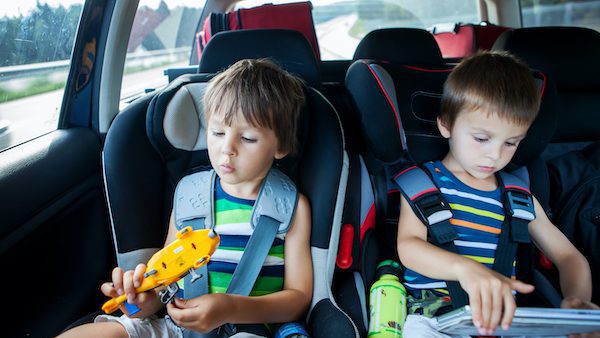
If your child does vomit, it is important not to be too frustrated with them. Travel sickness is a completely natural reaction to unusual external movement. Stop the car – when appropriate – clean up, give them a drink of water, and let them know that you will be at your destination very soon.
Another important consideration is food. The best foods to eat before a long journey are light and bland. Plain bread or crackers, for example. It is important not to have an empty stomach before travelling but greasy or spicy foods should definitely be avoided.
One ingredient that has been proven to combat travel sickness is ginger, so do think about trying ginger tea or even a ginger biscuit in advance of your journey.
And, of course, there are many remedies which can be bought from a pharmacy. Tablets and patches can be purchased over the counter – although most patches are only suitable for children over 10.
While travel sickness can impact all of us at different stages of life, if you follow these tips the chances are your journey will be smooth sailing. Or should that be smooth driving?
Good luck, enjoy your holiday, and above all, don’t forget to pack your Thumbsie!
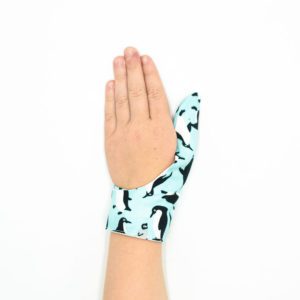
Please note all comments will need to be approved before appearing on this page. Please respect others when posting.
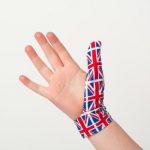




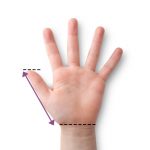
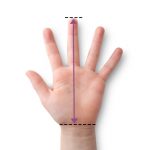























Comments